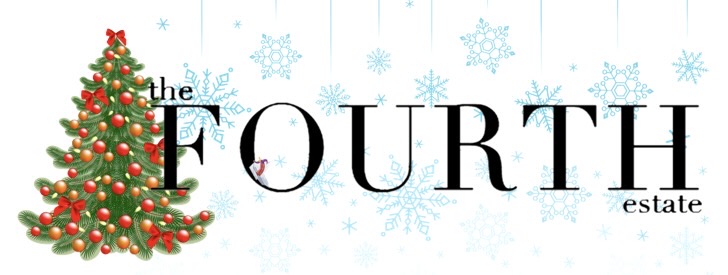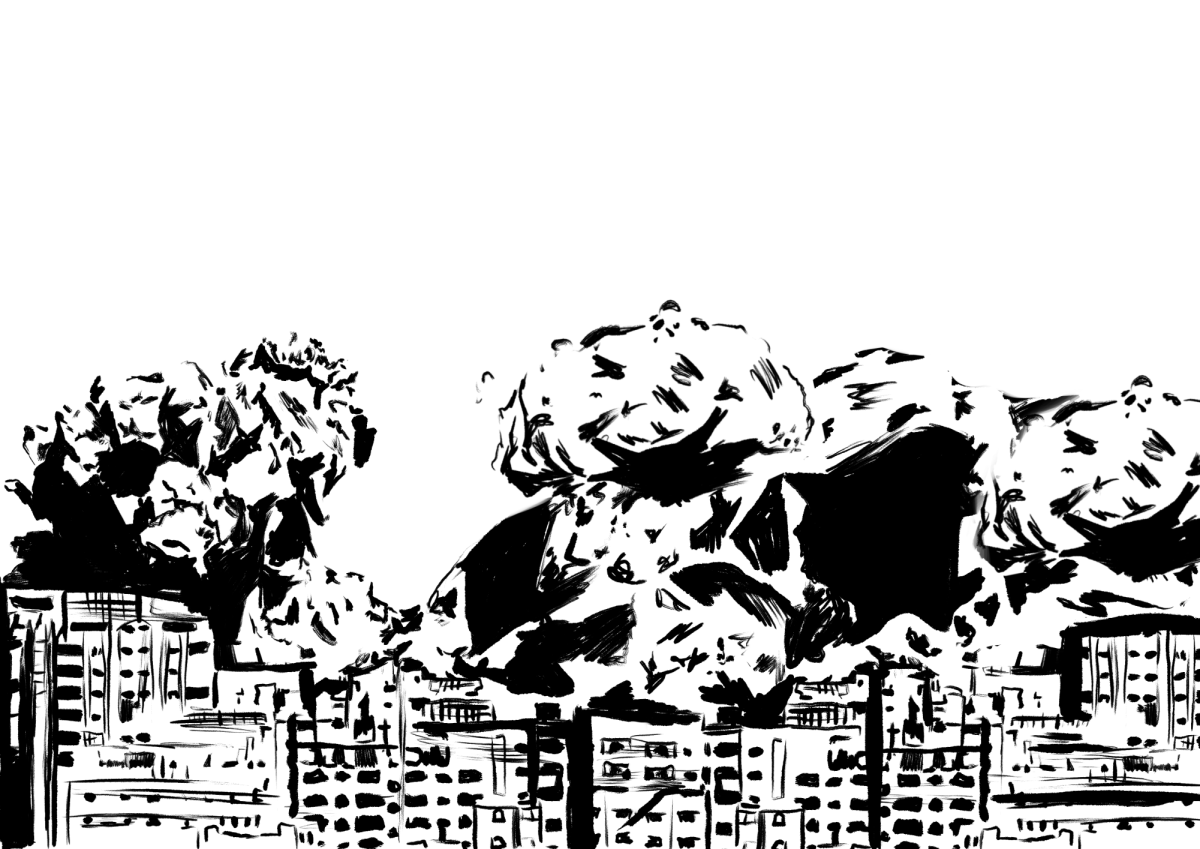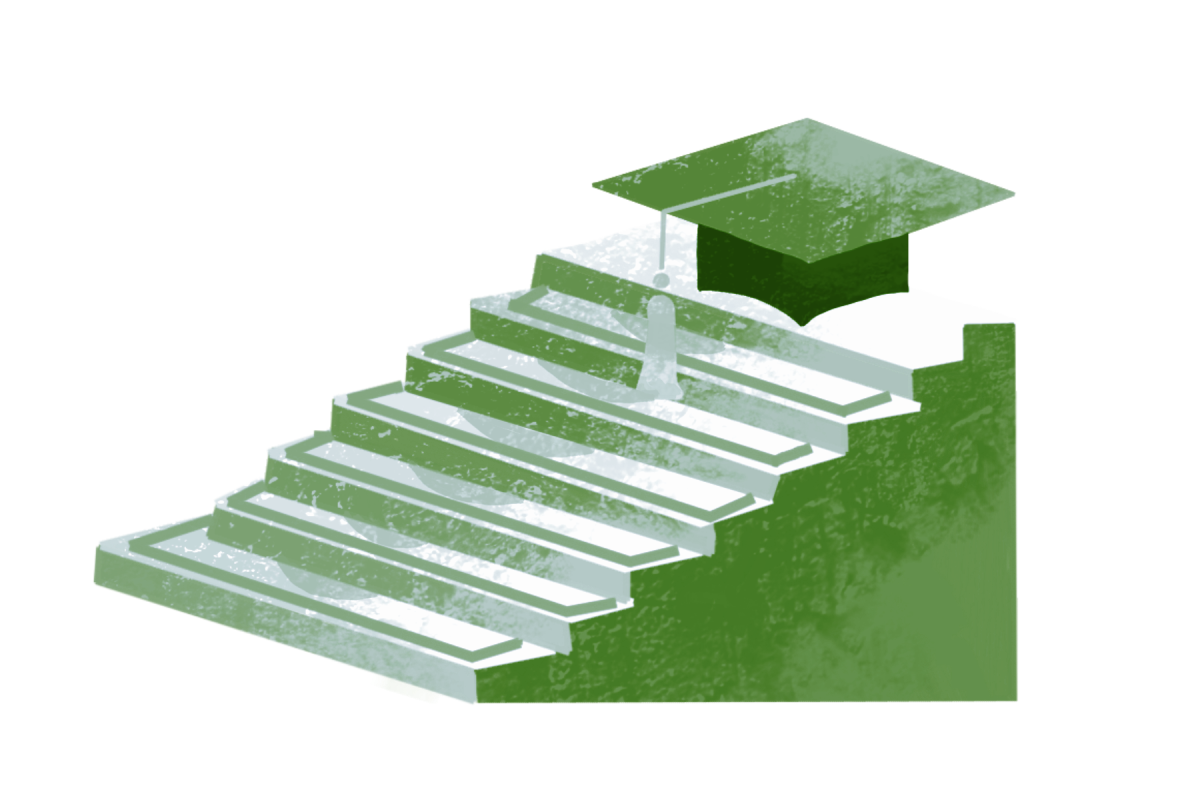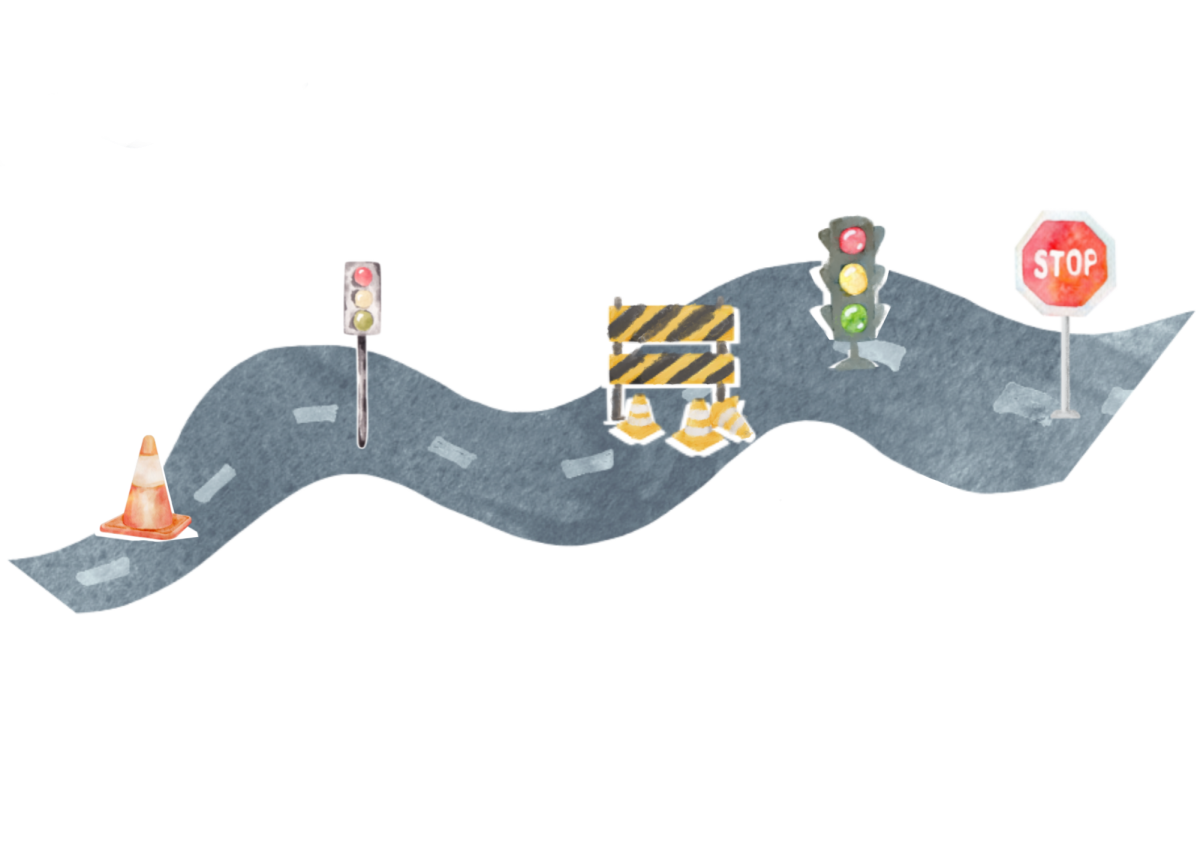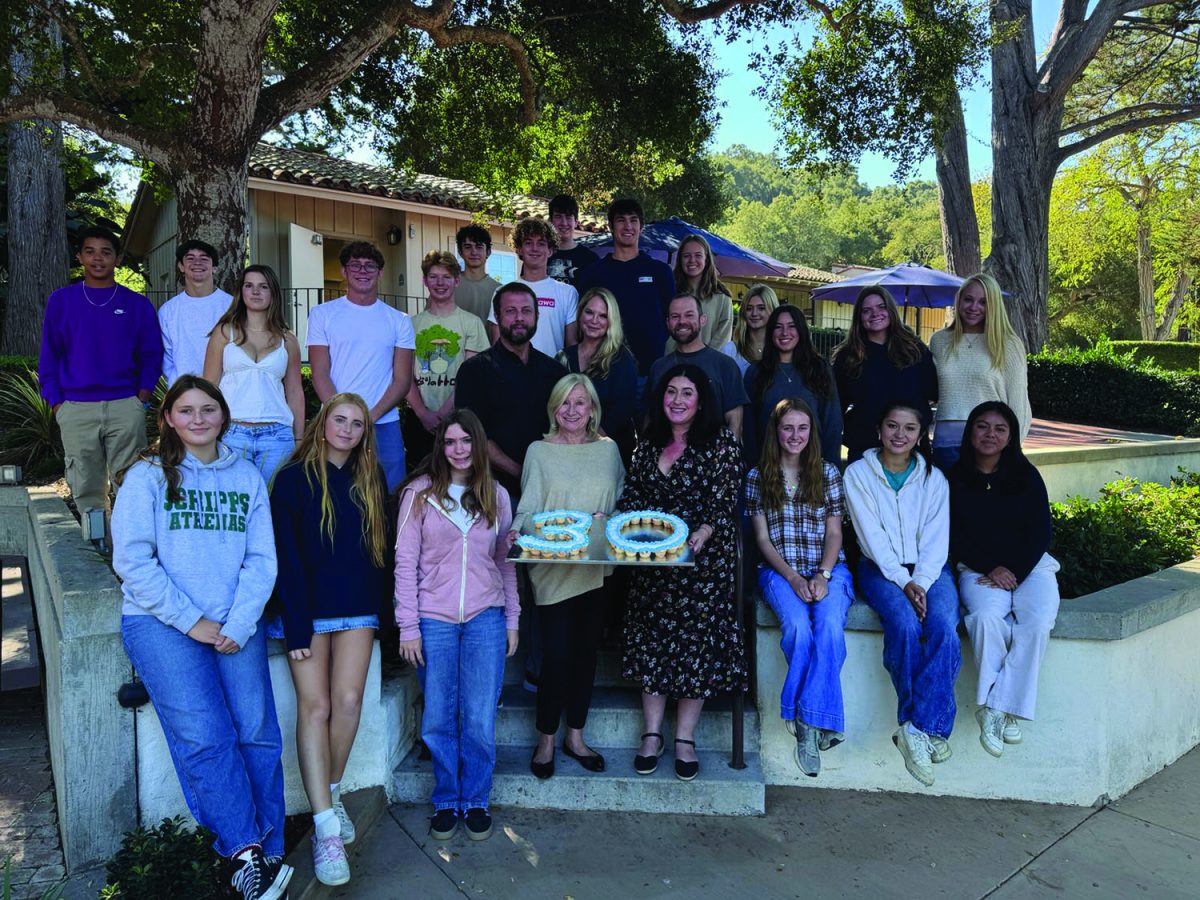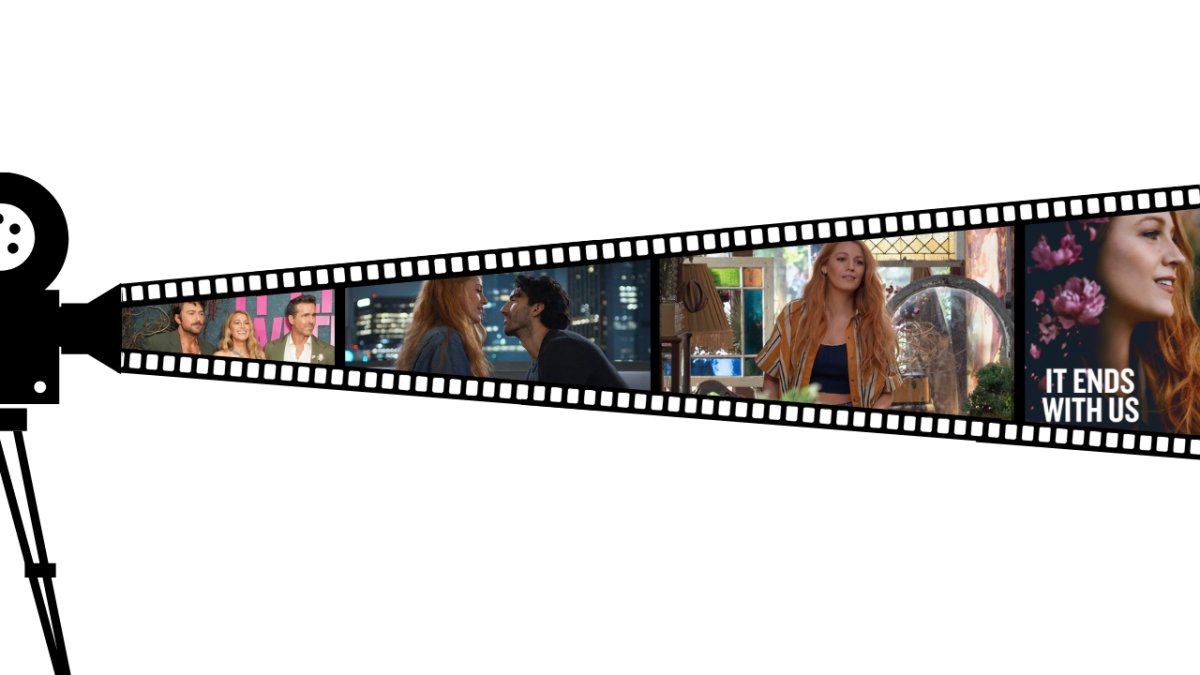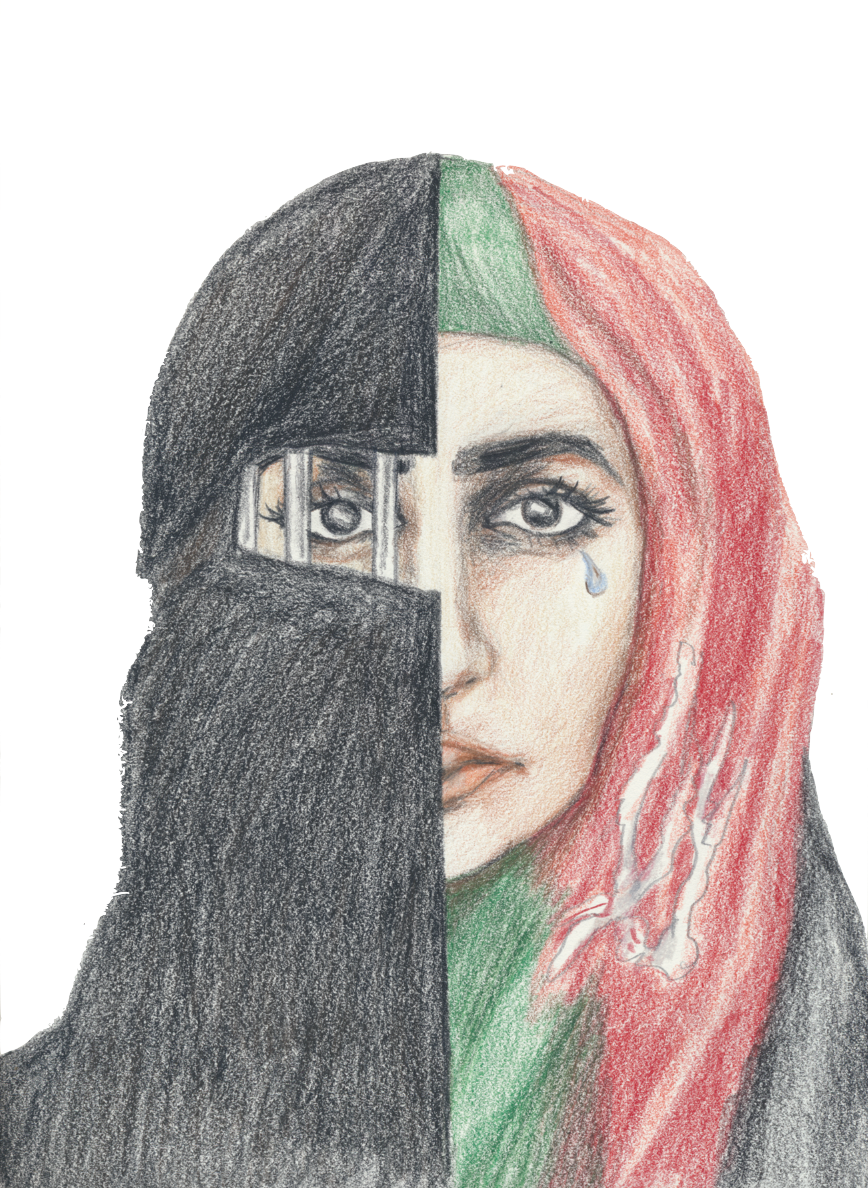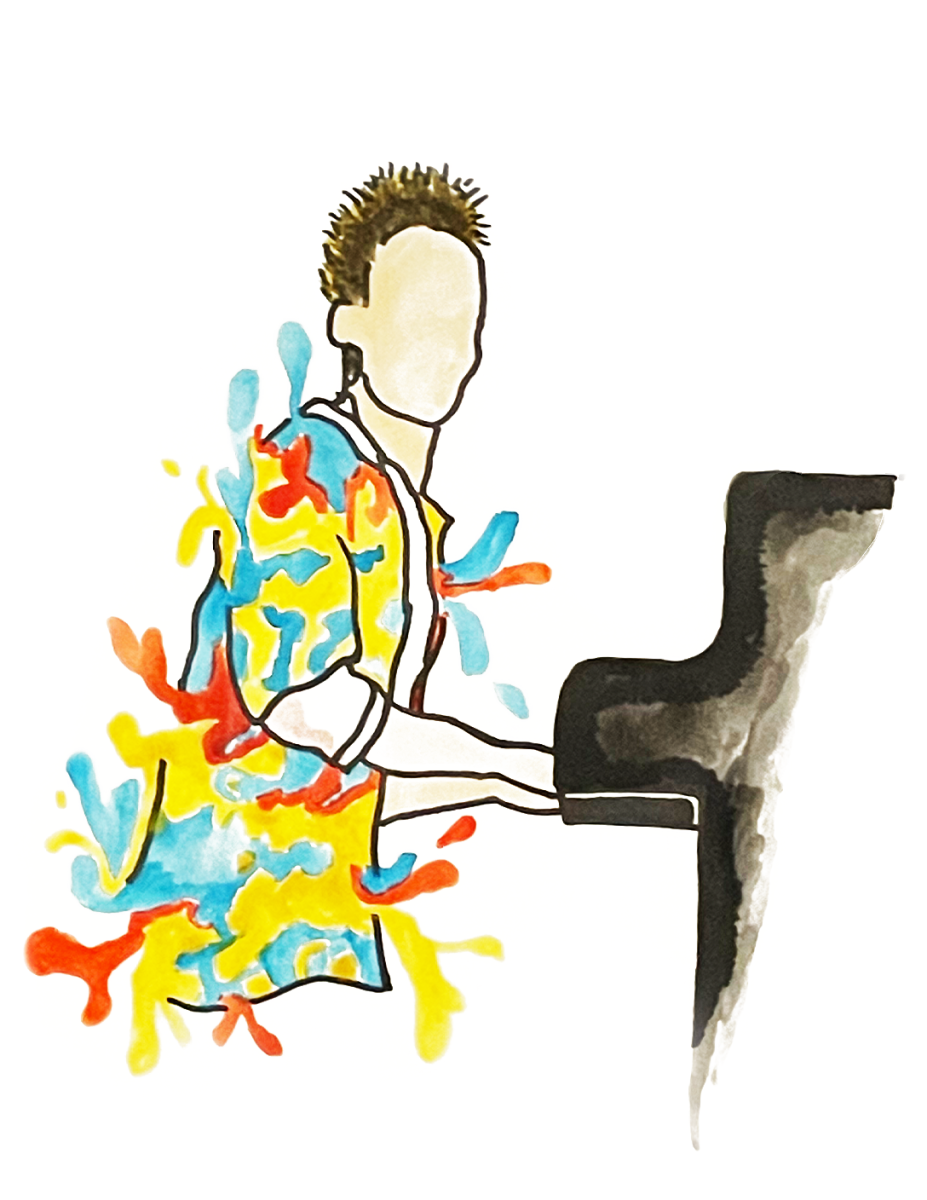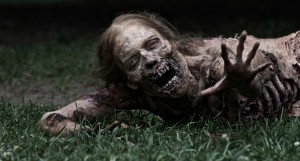
A shrill screech echoes from the desolate lookout point as the two high school sweethearts cower in the front seat under a full moon.
Perched atop the hood of the car is a bloodthirsty, menacing…actor with poor prosthetics in front of a clearly green-screened backdrop.
Surrounded by top-notch CGI and professionally trained makeup artists, our generation tends to view the movies of the drive-in era as sub-par.
Enduring the constant barrage of gore we have been exposed to because of the omnipresent media, our generation has been desensitized to blood and guts.
We’re tired of villains who can’t take a bullet to the heart. We want the scariest, and we crave the creepiest.
As a key demographic, we’ve been provided with a bigger, badder brand of horror on so many levels. And we suck it up like thirsty vampires.
In one show set in the realm we know all too well—a California high school—several students band together in search of their identity, which may be a bit tough for kids who can foresee death or shape-shift. MTV’s remake of the 80’s movie “Teen Wolf” only keeps the same basic storyline.
Everything else has been turned on its head, literally; the characters have only begun to lose their minds.
“Teen Wolf” has been transformed from its comedic, outdated predecessor into a psychological thriller.
Through the common journey all teenagers share when traversing the rough waters of high school and young adulthood, we are connected to the characters on the show and are able to empathize with them on a deeper level.
For the main trio, the biggest battles lay within them. They are their own worst enemies, since they can’t escape what’s in their heads. Being haunted by visions of a dead relative, seeing reality transform before their eyes or not even being sure of what is real, that is scary.
Blurring the lines between reality and delusion is a resilient theme because it manufactures a suspense and tension that is not easily resolved.
If these seemingly normal high school students can fall into something so dark, who’s to say we’re any different?
Well, these kids are werewolves, banshees and hunters, this is the small difference. The foundation of the mental terror is strongly rooted in mythology, ranging from Western to Roman to Japanese. The multicultural mythology blends some elements and reconstructs others to create a rich and vivid world in which the characters live.
Completely surrounded by only myths but also monsters and angels are the two Winchester brothers of “Supernatural.”
Together they travel not just across America, but also across heaven and hell on their seemingly never-ending quest for answers, all the while battling demons and dealing with angels.
Through the Winchesters’ journey, not only do we get a sense of vicarious adventure, but we also get to relate to themes often explored in exemplary literary works.
From destiny to family, “Supernatural” covers it all. But perhaps the most fascinating theme is illuminated by watching the Winchesters grapple with they grey area between right and wrong.
As commonly thought, angels are bright harbingers of all things good and demons are the essence of all evil. Right?
Well, not necessarily. Throughout part of the show it appears that both God and Lucifer have their own agendas, converging on the apocalypse.
The force of destiny seems to be aligning one brother with Heaven and the other with Hell. Held together by their strong, dynamic fraternal bond, the Winchesters battle angels, demons and much more.
The believability factor is amped up by incorporating real myths and legends—like “The Weeping Woman/La Llorona” ghost—in real places, like Chicago and Detroit.
When we see our fears on a screen, it’s scary. When we see our sleepover ghost stories and the Book of Revelations played out in a well-known, perhaps even nearby, city, we timidly glance out our windows before going to bed.
Set far from anything we might consider a big city is AMC’s “The Walking Dead.” Actually, the first season opens with the protagonist headed to Atlanta, but it’s not the Atlanta we know.
As the name suggests, the horror drama is set in a post-apocalyptic, zombie-filled wasteland. While their circumstances might be different, the characters on the show and the audience watching them are all human, and therefore, experience love, fear and despair.
The leaders of the group must face difficult decisions. The characters must deal with tragedy, grieve and move on, as would anyone.
In a state of relative disorder, we see the strong characters break, turning to vices we know all too well. The low points are where we connect with these characters because we see how real they are.
Then there are the zombies or “walkers.” They seem pretty real too. With an original budget of 3.4 million per episode (reduced to 2.75 million), “The Walking Dead” can afford the best quality walkers, brought back to life by special effects creator Gregory Nicotero, who received an Academy Award for “The Chronicles of Narnia: The Lion, the Witch and the Wardrobe.”
The walkers are put through “zombie school,” where they learn how to behave like zombies. All the effort and money that goes into making this show as believable as possible has paid off, as shown by the ratings—16.1 million viewers tuned in for the Season 4 premiere.
To us millennials, when we’re enraptured in a show, having binged watched the last season or two, what’s on the screen is real.
Okay, we know the apocalypse isn’t happening and mythical creatures aren’t roaming the earth, but with all the thought, professionalism and money that goes into not just our movies but our television shows, we become ensnared.
The story of identity, the story of redemption and the story of camaraderie are tales we all know and relate to.
When these stories are portrayed by witty, strong and overall bad characters, you know you’re in for one horrifyingly enjoyable ride.
